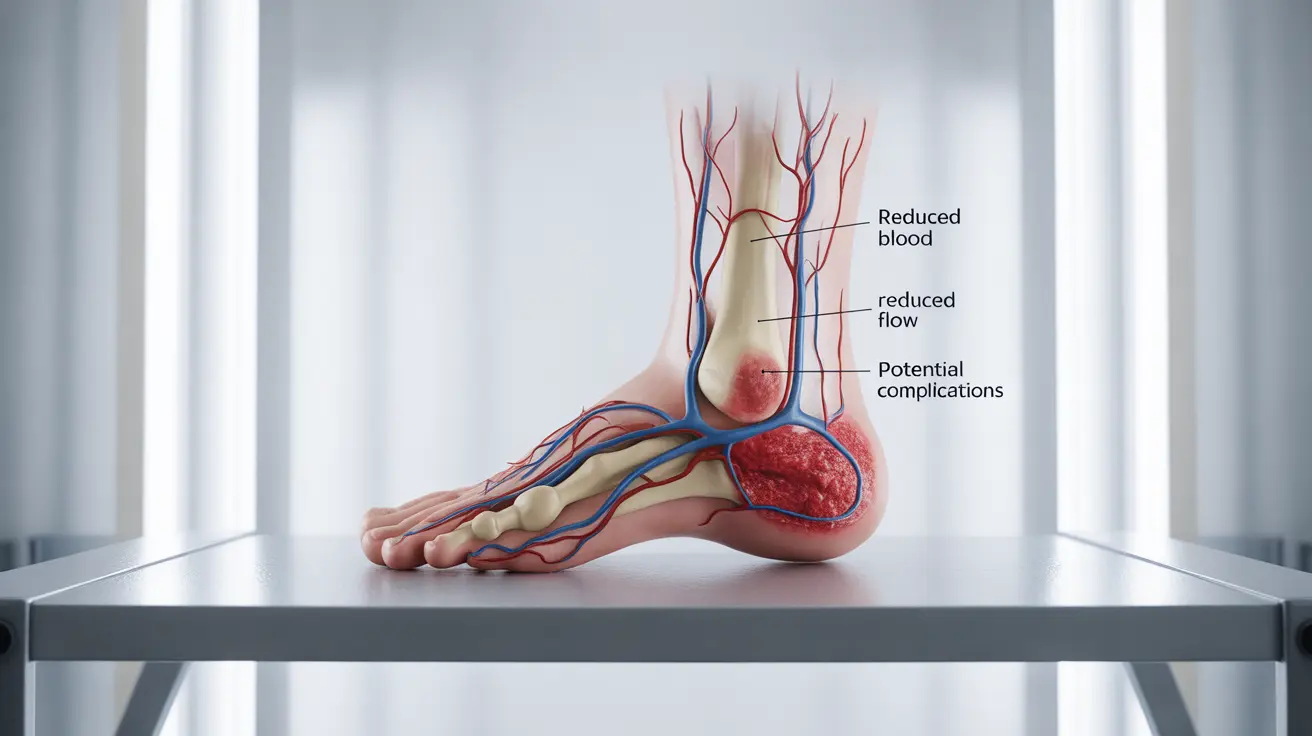Understanding when sleep patterns will return to normal after total knee replacement (TKR) surgery is a common concern for patients. Sleep disruption following this major orthopedic procedure is expected, but knowing what to anticipate and how to manage sleep challenges can significantly improve your recovery experience.
This comprehensive guide explores the timeline of sleep recovery after TKR, common causes of sleep disturbances, and effective strategies to help you rest better during your healing journey.
The Timeline of Sleep Recovery After TKR
Sleep disturbances are most pronounced during the first few weeks after surgery. Most patients begin experiencing improved sleep quality around 6-8 weeks post-surgery, though individual experiences may vary. The initial disruption is primarily due to post-operative pain, medication effects, and physical discomfort.
Common Causes of Post-TKR Sleep Disruption
Pain and Discomfort
Post-surgical pain is typically most intense during the first 2-3 weeks following TKR. This pain can make finding comfortable sleeping positions challenging and may cause frequent nighttime awakening.
Medication Effects
Pain medications, particularly opioids, can affect sleep architecture and quality. While these medications help manage pain, they may disrupt natural sleep cycles and lead to daytime drowsiness.
Physical Limitations
- Restricted mobility
- Required sleeping positions
- Swelling in the knee
- Physical therapy exercises and their timing
The Connection Between Mental Health and Sleep
The relationship between mental health and sleep after TKR is significant. Anxiety about recovery and depression can create a cycle of poor sleep, while sleep deprivation can worsen emotional well-being. Managing both physical and emotional aspects of recovery is crucial for optimal healing.
Strategies for Better Sleep During Recovery
Create an Optimal Sleep Environment
- Maintain a cool, dark, and quiet bedroom
- Use supportive pillows for proper leg positioning
- Consider using a wedge pillow to elevate the operated leg
- Ensure your mattress provides adequate support
Establish a Recovery-Friendly Sleep Routine
- Maintain consistent sleep and wake times
- Practice relaxation techniques before bedtime
- Time pain medication appropriately for overnight coverage
- Avoid screens before bedtime
- Complete physical therapy exercises earlier in the day
Frequently Asked Questions
When does sleep typically start to improve after total knee replacement surgery?
Sleep typically begins to improve around 6-8 weeks post-surgery, as pain decreases and mobility increases. However, some patients may notice improvements as early as 4 weeks, while others might take up to 3 months to return to normal sleep patterns.
What are the main causes of insomnia following knee replacement surgery?
The primary causes include post-operative pain, medication side effects, physical discomfort, anxiety about recovery, and changes in daily routine. Restricted sleeping positions and adjustment to post-surgery lifestyle changes can also contribute to sleep difficulties.
How long can sleep disturbances last after total knee replacement?
Sleep disturbances can last anywhere from several weeks to several months after surgery. Most patients see significant improvement by 3 months post-surgery, though some may experience occasional disruptions for up to 6 months.
How do pain and mental health conditions affect sleep recovery after knee replacement?
Pain can make it difficult to find comfortable sleeping positions and cause frequent awakening. Mental health conditions like anxiety and depression can extend sleep recovery time by creating additional stress and worry, potentially creating a cycle of poor sleep and increased pain sensitivity.
What strategies can help improve sleep quality during recovery from total knee replacement?
Effective strategies include maintaining proper sleep hygiene, using appropriate pillows and positioning aids, timing pain medication effectively, practicing relaxation techniques, and following a consistent bedtime routine. Regular communication with your healthcare team about sleep concerns is also important.




